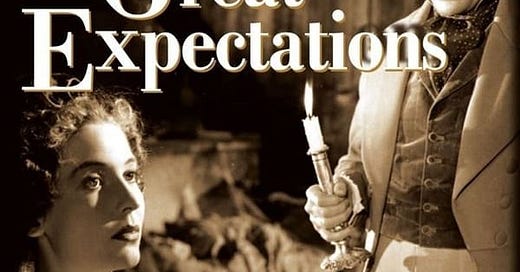It sometimes happens that a film is worthy of the excellent book it is based on. You need a great screenplay written by someone who knows what is essential to the book, and what, though important or illuminating or delightful, can be cut – not without wincing and regret, but it has to be so, since the novel is one kind of art, and film is another. And…
Keep reading with a 7-day free trial
Subscribe to Word & Song by Anthony Esolen to keep reading this post and get 7 days of free access to the full post archives.



